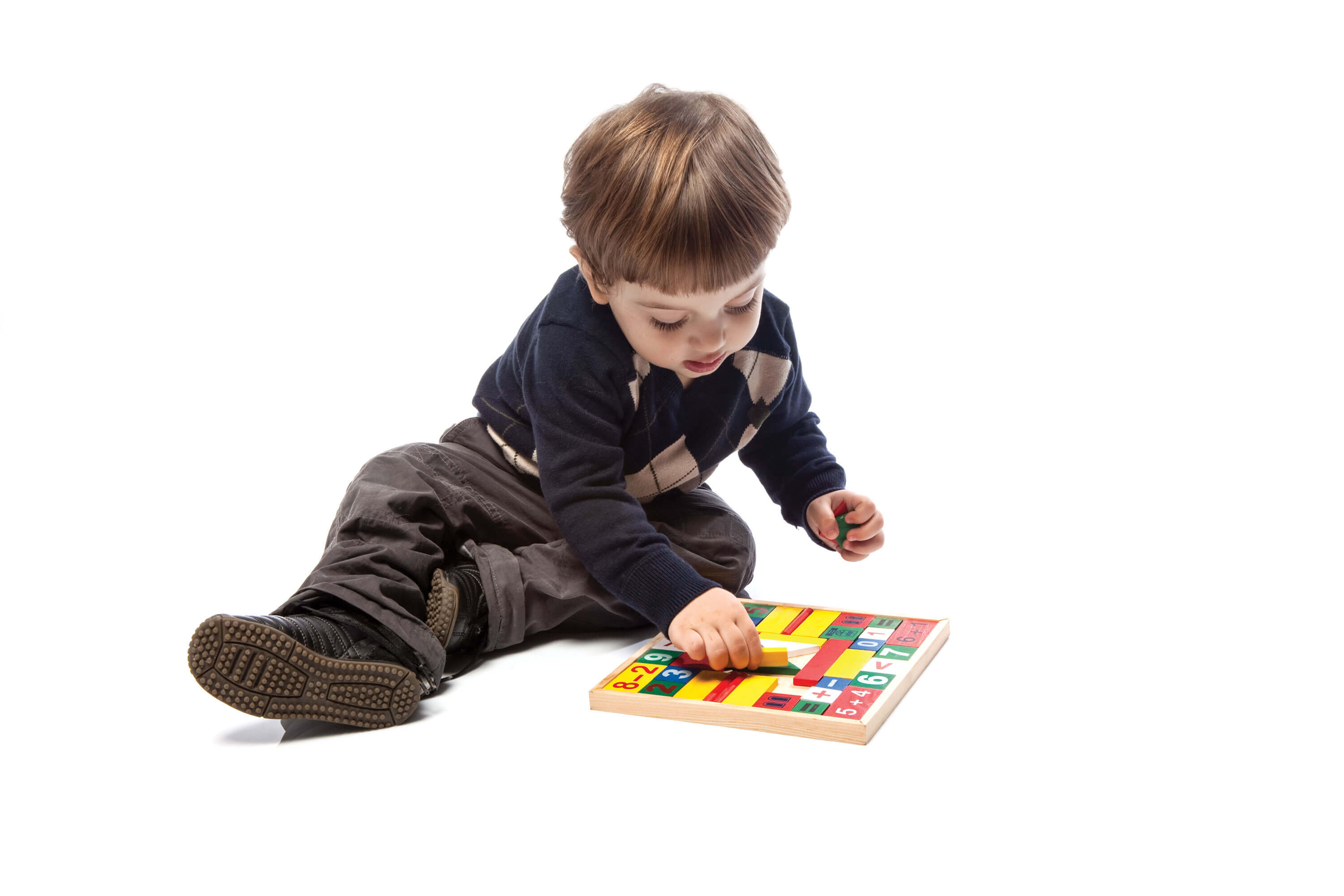
Sound Advice
Not all background music is the same when it comes to improving your child’s cognitive skills.
In 1993, a study published in Nature claimed that college students performed better on cognitive tests after listening to Mozart as opposed to silence or a relaxation tape. The findings set off a phenomenon wherein parents believed playing classical music for their children—even to those still in the womb—would lead to higher IQs.
But researchers later contested the “Mozart effect” when numerous follow-up studies were unable to replicate the results and failed to find a relationship between classical music and its cognitive benefit.
While music alone doesn’t enhance intelligence, it may lead to modest improvements in spatial task performance simply because we enjoy listening to something pleasant while engaging in challenging tasks. While previous works used college students, Louis Koolidge ’17 and his senior thesis mentor, Professor of Psychology Robyn Holmes, wanted to see how enjoyable background music might impact young children’s performance on a puzzle.
“All cultures have music, and in most communities, children are exposed to it from the time they are born,” says Holmes, whose research focuses primarily on children’s play. “We wanted to explore whether background music would interfere or be beneficial for young children when working on a cognitive task.”
Koolidge and Holmes visited three local pre-schools, where 87 primarily European-American children tried to solve a 12-piece jigsaw puzzle as best they could in one minute. The children wore headphones during the task, and listened to either music with lyrics, music without lyrics, or silence. After gathering advice from teachers and parents, the researchers chose the song “You’re Welcome” from the Moana soundtrack—an upbeat tune that most kids would recognize and enjoy.
Overall, children who listened to the song without lyrics completed more pieces of the puzzle, while music with lyrics and silence were less beneficial.
The journal Perceptual and Motor Skills published Koolidge and Holmes’ study on January 9.
“Our hope is that these results will start to inform classroom practice and improve children’s academic experience,” says Holmes. “When children are doing cognitively demanding tasks, maybe background music—something that children like and puts them in a happy mood—could be beneficial to helping them acquire certain cognitive skills and abilities.”